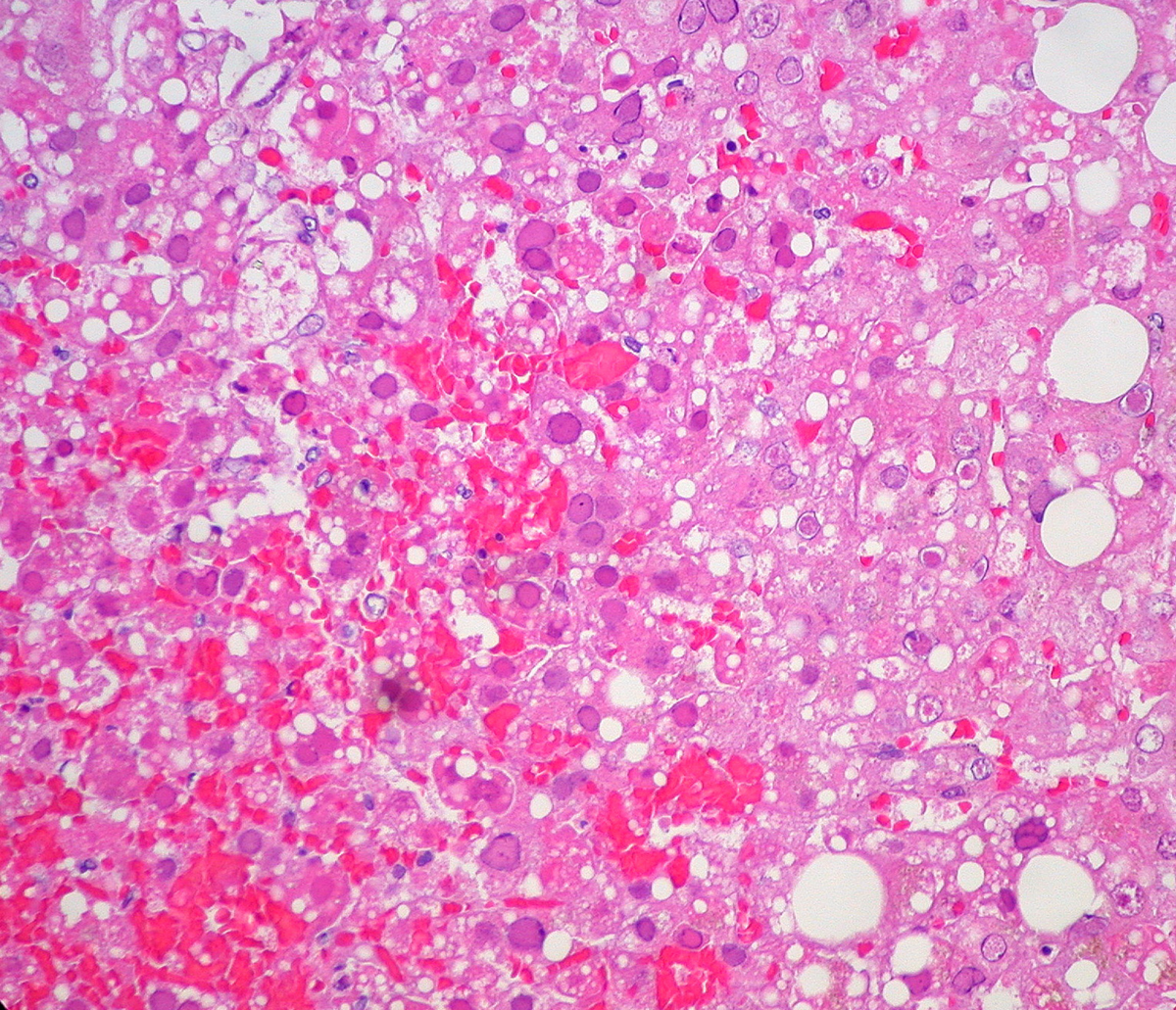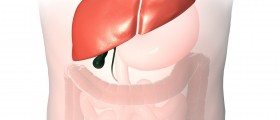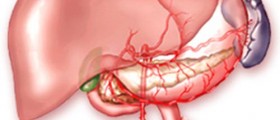
Hepatitis C
The chronic or acute liver disease, or hepatitis C, is hard to detect until itreaches lethal stage. It is transmitted through the blood so the blood check isone of the ways we can detect this condition. This problem is very great sincesome say that it has affected three percent of the world population. It causesthe liver to shut down and then a transplant is needed. This is one of the mayor causes of the liver transplant, if not the greatest. The silent epidemic, which is anothername for this condition, can show its face after 20 years, which is why it ishard to notice it in the early stages. In order to test for this not hereditarycondition, liver biopsy and blood tests are performed.
Causes of Hepatitis C
Taking drugs from a syringe that has been used by a number of people is one ofthe greatest causes of the hepatitis C. You can also get it from sexual activity,ear piercing, acupuncture and tattooing. The problem can be developed due tosharing razorblades and toothbrushes. You can see the problem this conditioncreates. A person affected with this infection can spread it to so many peoplewithout ever knowing, since the symptoms are usually not present in the earlystage.
Stages of Hepatitis C
In 80% of hepatitis C cases, symptoms are not evident. Cirrhosis of the livercan sometimes be present, but symptoms generally are not experienced until theliver failure.
During the early stage, in some rare cases, there might be somesymptoms present and they include itchy skin, loss of weight, lightcolored stool, jaundice, dark urine, diarrhea, vague abdominal pain, inflamedliver, vomiting, swollen liver, loss of appetite, joint ache, nausea, muscleache, and mild fever, like flue. Problems with the skin, kidneys, spleen, blood,joints, eyes, intestine and thyroid gland appear in 20% of cases.
The chronichepatitis C occurs when the virus persists, which happens in 85% of cases.Next stage is chronic stage and it causes a bit more detectable symptoms. Inorder to detect this problem, antibody test is performed because liver enzymes areelevated, when having this problem. The symptoms include, spider angiomas,abdominal pain, weight loss, loss of appetite, weakness, nausea,hardened/shrunken liver, consequent liver cirrhosis, liver dysfunction,improper blood flow through the liver, scaring, and the most common symptom is fatigue.
The final stage of hepatitis C causes further scaring and damaging of theliver, which is emitted through the symptoms such as medicationsensitivity, gallstones, high liver blood pressure, resistance to insulin, type2 diabetes, stomach/esophagus bleeding, bleeding, bruising,personality change, itchy skin, slow mental function and intestine bleeding. This problem may be even greater than the HIV, since some say it will take away morelives.
Also, every case of hepatitis C may be different, so the treatment mustbe appropriate for the symptoms experienced.

















Your thoughts on this
Loading...